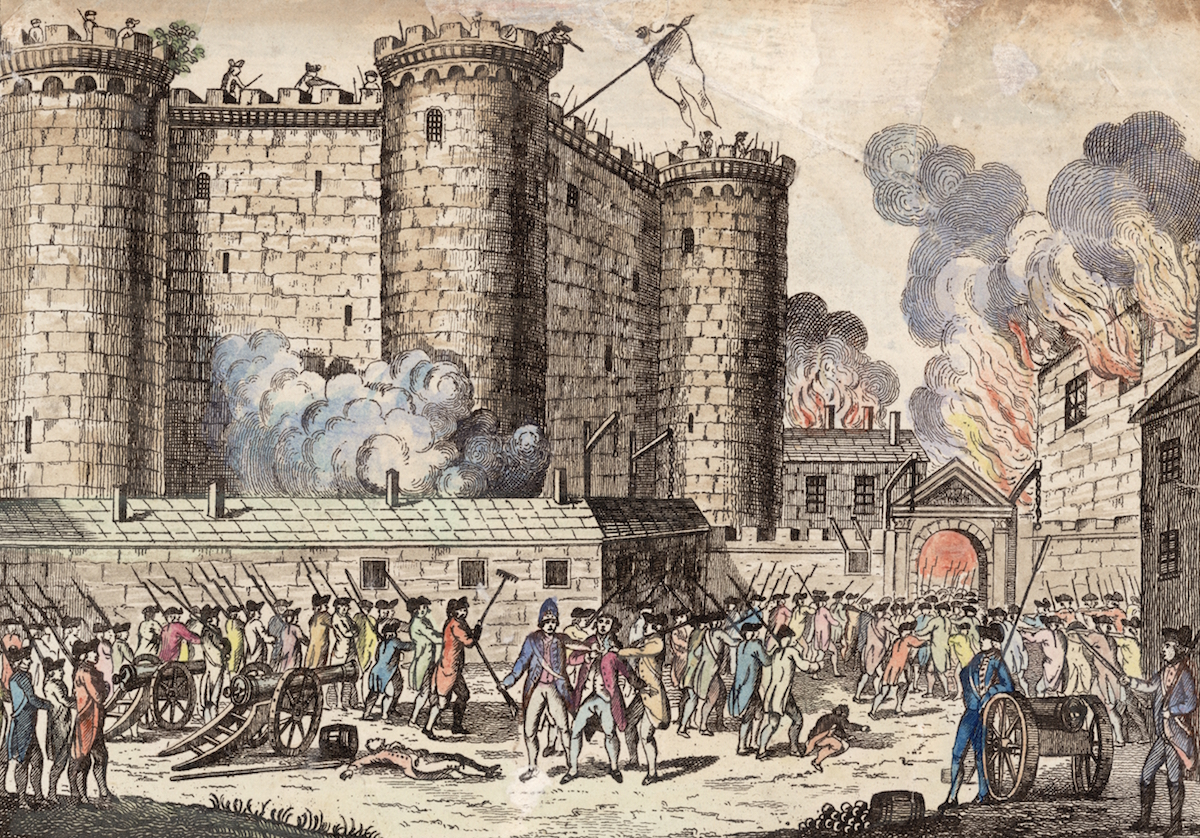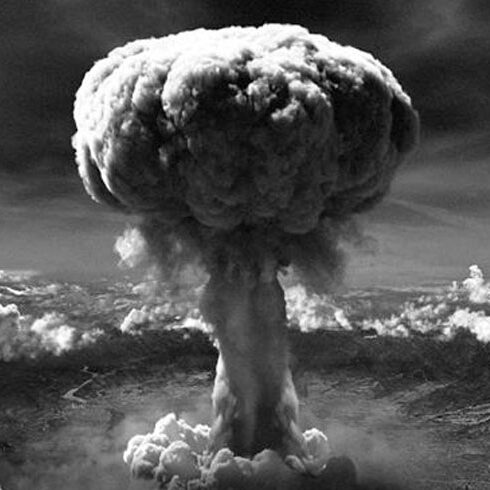Today in History: The US President no American voted for
US Presidents are usually elected by the Electoral College after the general elections in November.
Vice Presidents who have served unexpired terms of their bosses were on the presidential ticket, therefore technically voted for as Veep.
However, there was a House of Cards-like scenario with this one guy, his name, Gerald Ford.
In 1973, Spiro Theodore Agnew, the then Vice President of the US resigned from office following a corruption scandal that was quickly catching up with him.
President Richard Nixon appointed Ford as the new Vice President of the United States.
However, a year later, President Nixon became the first and till today, the only US President to have resigned from office, following the infamous Watergate Scandal.
And so Ford, without embarking on any presidential campaign, became the most powerful man in the free world, serving the rest of the term.
He was defeated in a re-election bid by Jimmy Carter.
Today July, 14 1913, Ford was born in Omaha, Nebraska.

France
The second featured event today is one I’m not very familiar with so I would simply post what Britannica says.
It is about the events leading to the French Revolution when dissidents broke into a jail to liberate political prisoners.
Bastille Day, in France and its overseas départements and territories, holiday marking the anniversary of the fall on July 14, 1789, of the Bastille, in Paris.

Originally built as a medieval fortress, the Bastille eventually came to be used as a state prison. Political prisoners were often held there, as were citizens detained by the authorities for trial.
Some prisoners were held on the direct order of the king, from which there was no appeal. Although by the late 18th century it was little used and was scheduled to be demolished, the Bastille had come to symbolize the harsh rule of the Bourbon monarchy.
During the unrest of 1789, on July 14 a mob approached the Bastille to demand the arms and ammunition stored there, and, when the forces guarding the structure resisted, the attackers captured the prison and released the seven prisoners held there. The taking of the Bastille signaled the beginning of the French Revolution, and it thus became a symbol of the end of the ancien régime.
Source - Oswald Azumah







